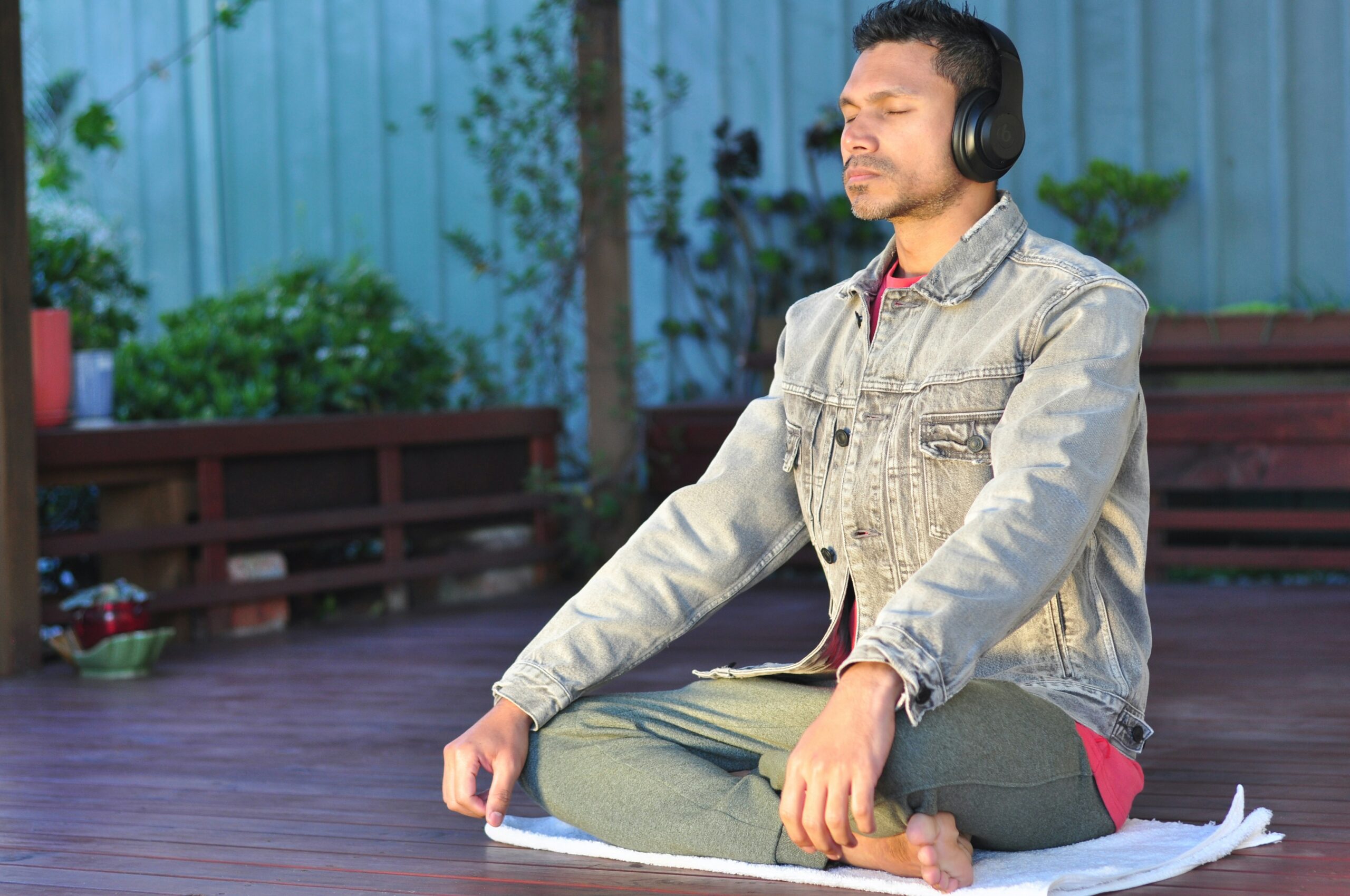Introduction
Breath is something we do in every second of our lives, but it is often ignored as an important factor in general health. From ancient practices such as yoga and meditation to modern clinical studies, science has shown that proper breathing patterns affect both body and mind. Whether it increases energy, improves focus or reduces anxiety, breathing practice has become a powerful tool for welfare in the modern world.
The Biology of breath
When we breathe, oxygen enters the lungs and provides fuel that keeps us alive. But the way we breathe – shiny or deep, sharp or slow – how effectively this system works. Shallow breaths often limit the flow of oxygen and cause fatigue and stress. Deep, controlled breath, however, maximizes the capacity of the lung, supports strong circulation and better overall lung health.
Breathing and stress relief
One of the most intensive effects of attentive breathing is the ability to calm the nervous system. During stressful moments, the body activates “struggle or flying” mode, increasing the heartbeat and stress. By practicing slow breathing and long stays, individuals trigger the body’s rest reaction. This is why stress relief techniques almost always include some forms of focused breathing.
Mental benefits to breathing
In addition to physical health, breath focuses mental clarity and focus. Proper oxygen current in the brain increases concentration, reduces anxiety and balances emotions. In fact, studies suggest that five minutes of controlled breathing can also reduce the stress hormones in the body. This proves that breathing practice is not only a physical routine, but also mental health strategies.
Breathing and physical performance
Athletes and training enthusiasts often highlight the role of breathing in achievements. Proper technique improves endurance, increases endurance and helps the muscles get faster. For example, runners use rhythmic respiratory patterns to save energy, while the lifter is dependent on breathing out controlled for stability. These methods not only improve performance, but also protect the airways by ensuring lung health that it is not high.
Traditional practice meets modern science
Cultures all over the world have recognized the breathing power for a long time. Practices such as yoga, tai chi and pranayama in meditation emphasize all to balance and control for long life. Modern science now validates these traditions, indicating that such techniques reduce blood pressure, reduce anxiety and improve immune function. This mix of tradition and research emphasizes why breathing practice increases in popularity today.
Relief from stress in daily life

While structured practice is valuable, the actual benefit of breathing techniques is in everyday use. Whether it stops before a presentation, calms the nerves under traffic, or winding before sleep, a slow and attentive person can immediately breathe down. In today’s fast moving lifestyle, where constant connection responsibility stress relief has become a simple but powerful self -care tool.
Prevents prolonged pulmonary health
Consider breathing also causing flexibility against long -term health problems. The deep breath strengthens the diaphragm, emptying the airways and improves the oxygen exchange. For people in a contaminated environment, practice with attentive breathing can reduce the airways. Medical experts emphasize that active focus on lung health can prevent chronic conditions and improve the quality of life because we are in age.
Simple breathing technology
Many simple techniques are effective for both beginners and advanced doctors:
• Breathing: Breathe in four cases, hold in four, exhale in four, hold in four.
• Breathing of membrane: Breathe deep in the stomach to strengthen the diaphragm.
• Alternative breathing in nostrils: Consumption of oxygen that balances a cool technique.
Inclusion of five minutes of these daily can increase physical vitality and provide even (stress relief).
Conclusion
Breathing science is a reminder that small, conscious habits can cause severe changes. From reassuring the mind to protecting the body, proper breathing is the basis for health. With regular breathing practice, individuals can achieve mental clarity, emotional stability and strong lung health. Whether in the tradition or supported by modern science, the truth is clear: Breath well means living well.

